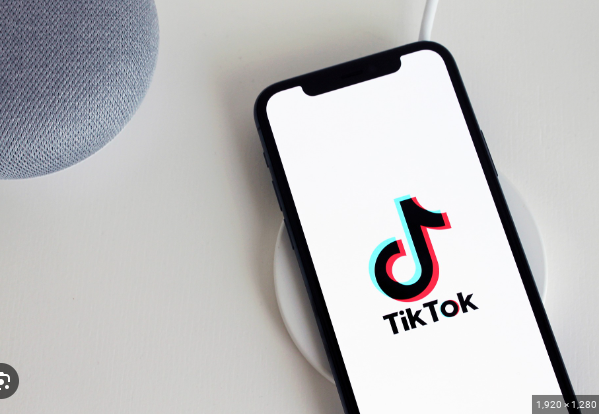On Friday, May 17, TikTok asked the US appeals court to expedite TikTok’s lawsuit. A law signed by President Biden, requires TikTok’s China-based parent company ByteDance to divest TikTok’s U.S. assets by Jan. 19 or the social media app will be banned in the US. The law allows TikTok to continue to operate in the United States if ByteDance sells it within 270 days to a domestic company.
The problem with TikTok
Over the past few months TikTok has come under fire for how it handles user data, with some worries. That the Chinese government may be collecting and using this information for surveillance purposes on the 170 million U.S. users or to spread propaganda. The Chinese law requires ByteDance to assist the government which could include sharing user data from anywhere in the world, according to NPR. Considering China’s history of utilizing technology for monitoring, these worries are not without merit. But outright prohibiting TikTok might not be the best way to allay these worries.
Important problems concerning how to strike a balance between security concerns and freedom of speech are brought up by the state’s decision to outlaw TikTok. Because the platform poses legitimate security and data privacy problems, a complete ban might not be the best course of action. One of the Government’s concerns is that the app has location tracking which could aid in espionage.
Rather, a more nuanced strategy that incorporates user education, regulation, and platform cooperation could more effectively handle these issues. This still enables users to take advantage of TikTok’s advantages for community building and creative expression.
As reported by NPR, “At least 14 states have recently banned the application from being used on government devices; some state-run public universities followed suit, banning or blocking the app on their campuses.”
However, “Georgetown University law professor Anupam Chander says there isn’t any concrete evidence that American TikTok users have had their data shared – or that the Chinese government is utilizing that information for political gain.”
The affect the ban would have on Americans
First of all, the 143 million of US users would lose access to a platform.. To app users, this is essential to their social interactions and artistic expression if it were banned. TikTok has given a platform for a variety of perspectives to be heard. From members of underrepresented populations expressing their stories to aspiring artists showing off their skills. A platform ban would restrict the chances for community creation and connection while suppressing this creative energy.
Second, a prohibition would encourage users to switch to other, possibly less safe platforms. Without addressing the fundamental problems with data security and privacy. It might only serve to relocate the issue rather than solve it. Working with TikTok to impose stronger security measures and guaranteeing transparency regarding the collection, storage, and usage of user data would be a more successful strategy.
According to The New York Times, “Rest assured, we aren’t going anywhere,” its chief executive, Shou Chew, said in a video posted to the platform. “We are confident, and we will keep fighting for your rights in the courts.”
Moreover, user education is essential for mitigating the risks connected to TikTok and other social media sites. It’s possible that many users are unaware of the hazards associated with interacting with particular sorts of content. The possible security repercussions of revealing personal information online could be dangerous. We can empower people to safeguard their security and privacy by arming them with the knowledge and tools. They need to make wise decisions about their online behavior.
To address the issues that TikTok and other social media platforms present, cooperation is crucial in addition to legislation and education. In order to emphasize user privacy and security while also supporting innovation and freedom of expression, governments, tech corporations, and civil society organizations. Must collaborate in the development and implementation of policies and practices.
Fighting the ban
In a report from Reuters on May 30 says that work has been ongoing since last year to create a version of TikTok’s recommendation algorithm that operates independently from Douyin, the Chinese version of the app operated by its parent company ByteDance.
There are significant difficulties regarding how to strike a balance between security concerns and the right to free speech. Although the platform raises valid concerns regarding data privacy and security issues. A complete ban would not be the best course of action. Rather, a more complex strategy that incorporates user education, legislation, and platform cooperation. Could more effectively handle these issues while still enabling users to take advantage of TikTok’s advantages.












